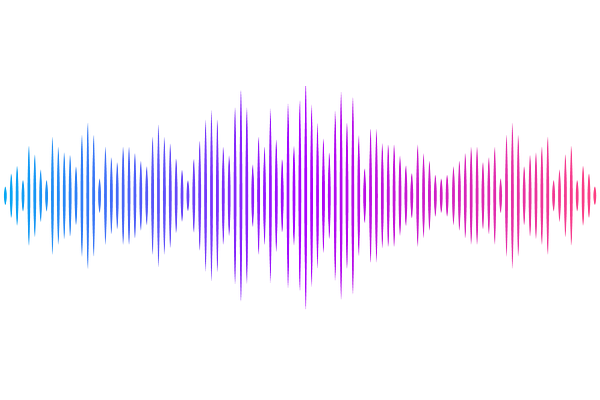Algorithms and SQ Lower Bounds for Robustly Learning Real-valued Multi-index Models

Algorithms and SQ Lower Bounds for Robustly Learning Real-valued Multi-index Models
Ilias Diakonikolas, Giannis Iakovidis, Daniel M. Kane, Lisheng Ren
AbstractWe study the complexity of learning real-valued Multi-Index Models (MIMs) under the Gaussian distribution. A $K$-MIM is a function $f:\mathbb{R}^d\to \mathbb{R}$ that depends only on the projection of its input onto a $K$-dimensional subspace. We give a general algorithm for PAC learning a broad class of MIMs with respect to the square loss, even in the presence of adversarial label noise. Moreover, we establish a nearly matching Statistical Query (SQ) lower bound, providing evidence that the complexity of our algorithm is qualitatively optimal as a function of the dimension. Specifically, we consider the class of bounded variation MIMs with the property that degree at most $m$ distinguishing moments exist with respect to projections onto any subspace. In the presence of adversarial label noise, the complexity of our learning algorithm is $d^{O(m)}2^{\mathrm{poly}(K/\epsilon)}$. For the realizable and independent noise settings, our algorithm incurs complexity $d^{O(m)}2^{\mathrm{poly}(K)}(1/\epsilon)^{O(K)}$. To complement our upper bound, we show that if for some subspace degree-$m$ distinguishing moments do not exist, then any SQ learner for the corresponding class of MIMs requires complexity $d^{\Omega(m)}$. As an application, we give the first efficient learner for the class of positive-homogeneous $L$-Lipschitz $K$-MIMs. The resulting algorithm has complexity $\mathrm{poly}(d) 2^{\mathrm{poly}(KL/\epsilon)}$. This gives a new PAC learning algorithm for Lipschitz homogeneous ReLU networks with complexity independent of the network size, removing the exponential dependence incurred in prior work.